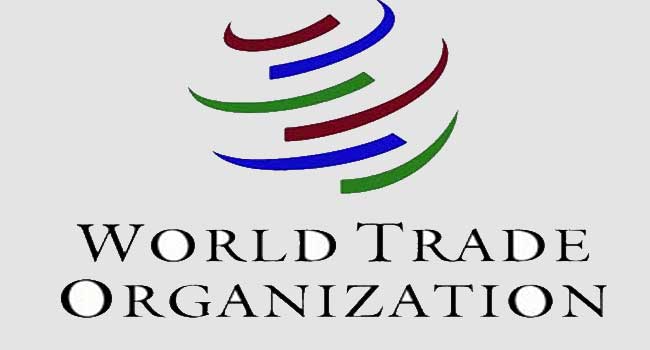The World Trade Organisation (WTO) has revealed that Nigeria has relinquished its prominent position in agriculture export markets due to its failure to meet the sanitary and phytosanitary requirements of foreign markets. Despite possessing abundant arable lands and experiencing increased investments, Nigeria has transitioned into a net importer of agricultural produce previously cultivated domestically, undermining efforts towards achieving food sustainability.
This disclosure was made by the Director-General of the WTO, Ngozi Okonjo-Iweala, during the launch of seven trade support programmes aimed at bolstering Nigeria’s trade and industry standards. The initiatives, spearheaded by the WTO-ITC, include the Standards Trade Development Facility, Digital Trade Initiative support, Women Exporters Entrepreneurship support, National Trade Portal, and cotton development initiative.
These programs aim to provide technical assistance to strengthen food safety, animal, and plant health capacities in developing countries, address challenges related to e-commerce and the digital trade divide, and establish a world-class technology center for all trade-related data and information in Nigeria.
Okonjo-Iweala emphasized the importance of these initiatives in enhancing Nigeria’s agricultural sector, stating, “We are launching today with STDF, ITC, and the NEPC, a project to help with international safety and quality certification for sesame and cowpeas or black-eyed peas. The agriculture sector in Nigeria has the potential to be a major driver of export diversification and job creation.”
The revelation underscores the need for Nigeria to prioritize meeting international standards and quality requirements to regain its position in the global agriculture export markets. By implementing these trade support programs, Nigeria aims to enhance its competitiveness, improve food safety standards, and capitalize on the potential of its agricultural sector to drive export diversification and economic growth.















